"What comes to mind when you think of ‘HR Policies’?
In my imagination, it used to be a bored new starter sitting in front of reams and reams of paper on their first day; dutifully signing their life away to a bunch of rules and regulations which they don’t really understand; and which will undoubtedly be forgotten about by the time they go home.
[addCTA blink=""/services/hr-documentation/"" title=""Is your people documentation up to scratch?""]
But, do you know, it doesn’t actually have to be like this?
Sure, HR policy is not the most exciting or alluring of subjects; however, it is pretty important, both for the protection of your business and your people. And best of all, done well, it can actually enhance your employee’s experience and engagement with your culture.
What are HR Policies and why are they needed?
Put simply, HR policies are a documented source of guidance as to how various issues should be handled within a business, and sets the expectation for the standards required of all employees. They can be referred to both by employees who are affected by such issues, and by their managers who may need to take action or follow a process in order to reach a resolution; they may also offer protection to the business if faced with legal claims.
Having policies in place is key to ensuring that situations are handled fairly, consistently and transparently – it means that managers are supported by having a clear process and/or set of standards to follow when managing their teams; and that employees know what is required of them, and what to expect in any situation they may face and can be assured that they are being treated in the same way as their colleagues.
Certain policies, such as Health & Safety, Discipline, and Grievance, are required by UK law. Others are not necessarily legally required but it is best practice to have them in place - download our free HR Policy checklist for more information on this.
What makes a good HR Policy?
There are many elements which make a ‘good’ policy, but the key ones are:
Relevance
The policies you put in place should be relevant to your specific business and the industry that you are in. You don’t need a policy on Lone Working for example if this isn’t a situation that will ever arise for you, but if you are a Service Provider you may find that prospective clients expect you to have a written Modern Slavery Policy in place.
Likewise, policies should be reviewed on a regular basis (ideally annually) to make sure that they are still relevant and compliant with the latest legislation and best practice.
Reflective of you as a business
It goes without saying that the content of your policies should reflect what you actually do when handling various employment situations and issues – it’s no good if your policies say one thing but your managers do another; especially when it comes to defending any potential legal claim (there can be extra penalties awarded for failing to follow your own processes). It’s therefore imperative that your policies are accessible to you and your managers, and used as a reference point when faced with any given situation. You may even want to consider some training on key policy topics.
As well as reflecting reality, good HR documentation is reflective of the business it sits within in terms of its’ look and feel: utilising the same language and tone that is adopted internally, aligned to your business’ branding and any imagery associated with it, and referring where relevant to your internal values, processes and systems - things that mean something to your people and what they experience at work on a daily basis, rather than generic or vague concepts which don’t resonate.
Well-communicated
You can have the best, most relevant and well-written policies in the world; but if your employees don’t know where to find them then they may as well not exist! Putting all of your people documentation in a central place, like on a Company intranet or the document repository within your HR system, and ensuring that everyone knows how to access them if and when they need them, is key to an effective approach to HR policy management.
Developing a relevant, reflective and well-communicated set of policies for your business does more for you than just ensuring you are compliant with employment law; it also indicates to your employees that you care about doing the right things in the right way; and that you are invested in them and the things that matter to them.
Finally, getting your basics in place gives you a stronger foundation to build from and allows you to focus your energy on all of the more exciting ways to motivate and engage your team!
If you would like help getting your Brilliant Basics in place with a bespoke suite of policies (as well as contract and handbook) tailored to your business, get in touch with us today.
If you liked this, you’ll like: What makes a great Employee Handbook?"














